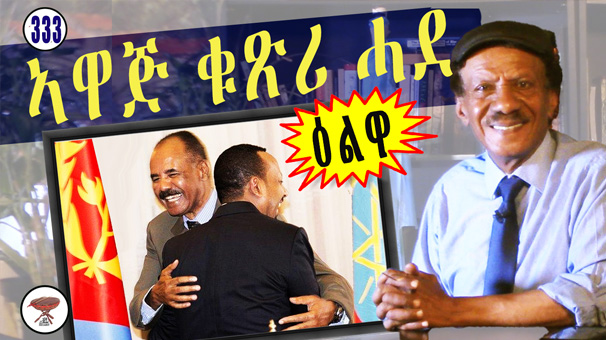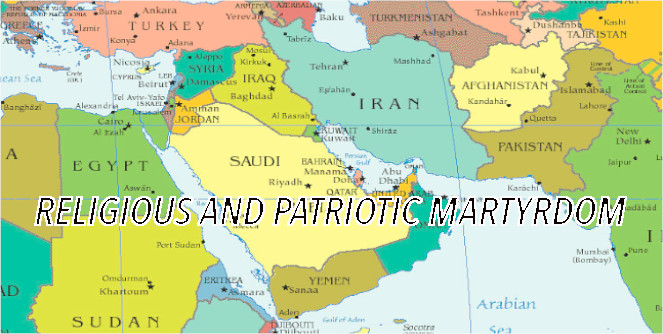“Military Communique #1: Coup d’ Etat”
This was a common radio announcement, preceded by martial music and read in the deep voice of an officer. Immediately, fear engulfed listeners, followed by intense discussions and swirling rumors. Most people in the so-called third world instantly recognized it as a coup d’état—usually in a country they couldn’t even locate on a map.
A decade after WWII, military coups became widespread. In Africa, they were largely driven by the push for decolonization and freedom. Though some coups occurred earlier, 1963 marked the first successful one in Togo. Then followed a chain of coups d’état—some well-planned, others spontaneous. Their outcomes varied: some plunged nations into chaos, civil wars, or long-term instability; others birthed dictatorships. History teaches us that where there is dissatisfaction, inequality, and lack of freedom, the result is often the same. To bring change, nations tend to rely on the most organized institution with muscle: the military.
No national army is composed of foreigners or commanded by outsiders—unless the country is colonized. In independent states, the military’s role extends beyond guarding borders; its primary duty is to safeguard the people’s interests. When it does that, the nation stands behind it. But when it aligns with rulers to terrorize citizens, the people remain silent out of fear—though they quietly await an opportune moment for rebellion. And when that moment comes, it is still the military’s responsibility to address the outcome.
Past victories do not absolve any army of its current duties. Circumstances evolve, time passes, and so do the personnel, mindset, and influence of the military. It is not immune to change.
Hard times often call for military intervention. Unfortunately, many armies are molded to be subservient to the ruling system, regardless of how rotten it becomes. But beneath the surface lies gunpowder—ready to ignite. The longer it simmers, the more inevitable the explosion. Fear of collapse might eventually push the army to act, but it could be too late. To avoid unpredictable, disastrous outcomes, the military must prioritize the people’s interest and the nation’s well-being—preferably before it’s too late.
Only the army has the capacity to bring systematic change. Otherwise, the result could be dangerous and chaotic, sweeping away any dreams of a stable life.
From Mengistu Neway (1961) to Mengistu Hailemariam (1974)
In 1960, Mengistu Neway and his brother Germame launched a poorly organized coup against Emperor Haile Selassie while the emperor was visiting Brazil. Upon receiving the news, Haile Selassie flew to Asmara. Loyalist forces crushed the uprising and arrested the Neway brothers, who were later hanged. The emperor’s regime gained a lease on life—ten more years.
By 1974, public resentment had reached its boiling point. Students, workers, taxi drivers, and various social groups gradually rose up. The military, quietly waiting in the wings, seized the moment. It arrested the emperor and unceremoniously ended the long reign of Haile Selassie. But Ethiopia was soon engulfed in 17 years of bloodshed, until another set of rebel forces brought the military regime to its knees. In 1991, it collapsed under the combined onslaught of the Eritrean EPLF and Ethiopian EPRDF.
While Ethiopia went through phases of change, Eritrea remained frozen in time—under the iron grip of Isaias Afwerki. He entrenched a cult-like rule and remains in power to this day.
Detailing the 34-year-long trajectory is a hefty task, but a few points suffice:
- The country has no constitution; it is governed by proclamations.
- Citizens, including top regime officials, are imprisoned without trial or visitation—this has continued since independence.
- The line between student and conscript is blurred; education takes place in military camps.
- The ruling party monopolizes the economy; even personal bank withdrawals are restricted.
- There has never been an official census. Yet citizens can’t build homes due to lack of permits and a clear urban policy.
- Rampant corruption—land is distributed through nepotism and party loyalty.
- Eritreans have lived in remote Sudanese camps for three generations, with no effort to resettle them in ancestral lands.
- Large areas of Eritrea have been depopulated, as youth flee the country due to…
- Economic collapse caused by party monopolies and poor governance.
- Indefinite military conscription.
- Hope of supporting family or studying abroad.
- Suffocating conditions and absence of rights.
- A bleak future marked by political instability and endless wars.
The crisis has persisted for 35 years. Public frustration is at its peak. But the people are unsure of the path forward: an uprising is costly—especially for an exhausted nation like Eritrea. There’s deepening mistrust among parts of the population and instability in neighboring countries suffering from civil strife, ethnic wars, and political chaos.
Clearly, scout associations or civil groups can’t fix this. It requires a powerful institution that stands with the people—the army.
The regime and its nemesis’s erratic foreign policy—the “fight today, make peace tomorrow” approach—has further endangered the nations. Suspicion abounds regarding Eritrea’s shaky relationship with Tigray and Ethiopia, and other neighboring countries. As usual, now reports emerge of secret meetings between the ruling parties of Ethiopia and Eritrea.




Awate Forum